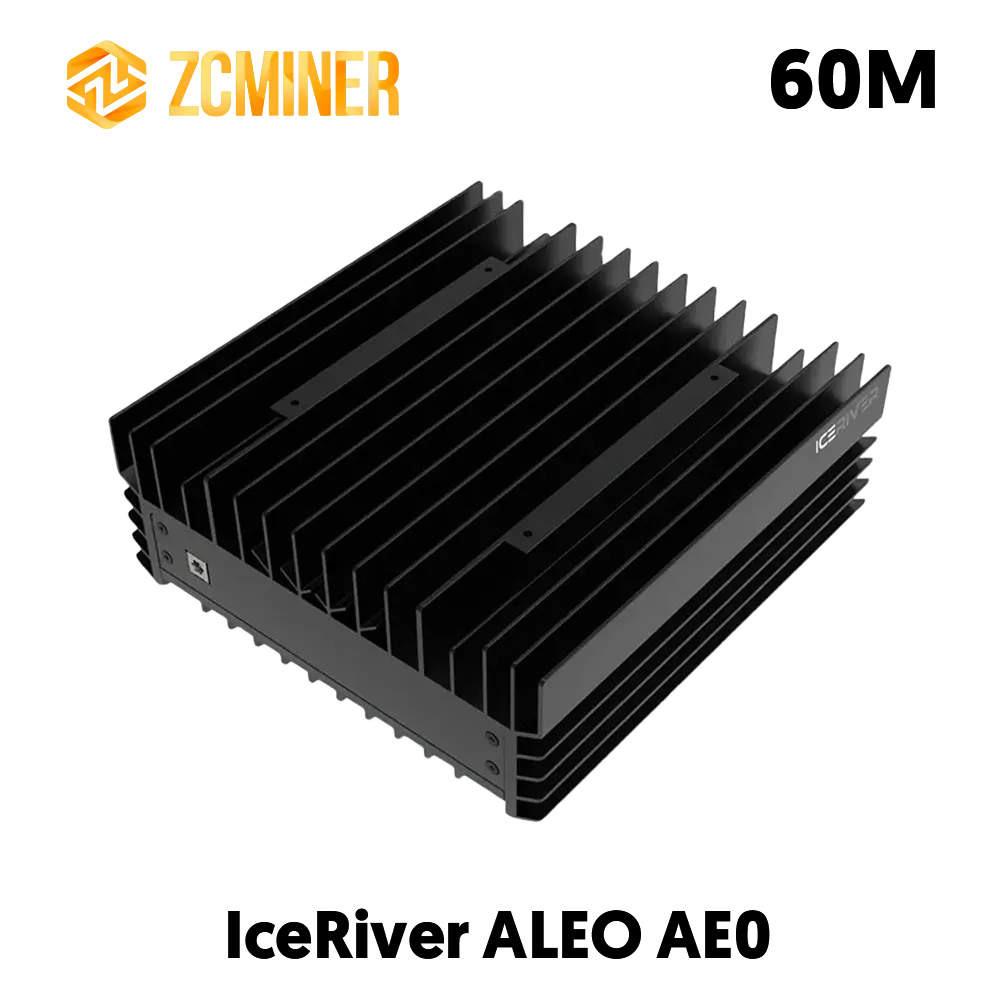In a world where online surveillance and data collection are becoming the norm, the public’s attitude toward digital privacy is changing fast.
Once considered niche or even controversial, privacy-focused cryptocurrencies are now experiencing a powerful resurgence — and Zcash (ZEC) is leading the charge.
The Market Comeback: Privacy Coins Surge in Value
According to CoinGecko data, the total market capitalization of privacy coins has surged to around $22 billion, up more than 50% in just 24 hours.
Rival data aggregator CoinMarketCap estimates the figure at nearly $55 billion, highlighting growing investor interest in privacy-preserving assets.
Among them, Zcash currently leads the market, trading above $417, surpassing long-time rival Monero (XMR) in valuation.
Launched in October 2016, Zcash was one of the first cryptocurrencies to use zero-knowledge proofs (zk-SNARKs) to enable fully confidential transactions.
At the beginning of October, it traded below $80 — but by Halloween, its price had soared by 375%, reaching $380.
This meteoric rise reflects a broader global trend: people are no longer taking privacy for granted.

The Privacy Awakening: Governments, AI, and Data Control
The renewed interest in privacy coins coincides with escalating public concern about data surveillance.
Across the globe, regulators and corporations are pushing the boundaries of personal data usage.
-
The European Union’s “Chat Control” proposal could mandate the scanning of encrypted messages for illegal content.
-
Meta has resumed using European user data to train its artificial intelligence models.
-
The U.S. Treasury Department is soliciting feedback on new rules for “privacy-enhancing technologies” related to blockchain monitoring.
These developments underscore one key realization: users no longer control their own data.
This growing distrust has turned privacy-preserving crypto assets into a technological refuge from state and corporate surveillance.
Zcash’s Secret Weapon: Zero-Knowledge Privacy
At the heart of Zcash’s privacy architecture lies its shielded address system, powered by zk-SNARKs (Zero-Knowledge Succinct Non-Interactive Arguments of Knowledge).
This cryptographic innovation allows transactions to hide the sender, receiver, and transaction amount, while still being verifiable on the blockchain.
Transactions between shielded addresses flow into a protected pool of private funds.
As this pool grows, the anonymity set expands, enhancing privacy for all users simultaneously.
Today, that pool has reached its largest size in history — nearly 4.9 million ZEC, signaling widespread adoption of Zcash’s privacy layer.
In short, Zcash’s strength lies not only in cryptography but in network effects:
“Every new participant makes everyone else more private.”
Wallet Innovation Fuels Adoption
In early October, Zcash developer Electric Coin Company launched major upgrades to its Zashi wallet, integrating it with NEAR Protocol’s Intents system.
This new functionality enables cross-chain swaps and private payments — without relying on centralized exchanges or complex bridge interfaces.
This added convenience has dramatically boosted activity.
On October 16 alone, transactions through Zcash’s NEAR integration surpassed $17 million, marking a surge in user engagement and private liquidity movement.
However, blockchain investigator ZachXBT has cautioned that the current NEAR Intents integration may not fully obscure all transaction paths, leaving potential traceability gaps.
The Zashi team has responded, confirming plans to implement temporary address shielding to resolve this issue in upcoming releases.

A Global Trend: Privacy Meets Compliance
Privacy is no longer synonymous with criminal activity.
As Marko Stokić, AI Lead at Oasis Protocol, explained in an interview with Cointelegraph:
“The biggest misconception is that privacy and compliance are mutually exclusive.
Properly designed systems can protect sensitive data during normal operations while remaining auditable when required.”
This philosophy is driving a new paradigm known as programmable privacy —
where information remains private by default but can be selectively disclosed under appropriate legal or contextual circumstances.
From Europe’s data protection battles to America’s fragmented privacy laws, the world is grappling with the same question:
How can we balance innovation, accountability, and the right to privacy?

From Cypherpunks to the Mainstream: Redefining Privacy
In the early days, privacy coins appealed mainly to cypherpunks and traders skeptical of government oversight.
Today, the narrative has shifted dramatically: privacy is now a mainstream user expectation.
Blockchain analytics firms use AI and behavioral modeling to map wallets, infer identities, and predict asset flows.
Meanwhile, governments have intensified KYC enforcement and transaction tracking, making full transparency the default for most digital assets.
For many crypto users, privacy coins like Zcash represent a way to reclaim financial autonomy —
to ensure that blockchain transparency doesn’t come at the cost of personal freedom.
The Bigger Picture: Privacy as a Market Opportunity
The global shift toward surveillance and AI-driven data exploitation is sparking a countertrend:
privacy as a competitive advantage.
As consumers, investors, and developers seek out technologies that prioritize discretion, the privacy coin ecosystem — once a niche corner of crypto — is evolving into a legitimate sector of digital finance.
Zcash’s resurgence is not merely speculation; it reflects a larger awakening to data sovereignty and the economic value of privacy itself.
Conclusion: The Next Era of Privacy-Preserving Crypto
Privacy is no longer an afterthought — it’s becoming the foundation of the next stage in blockchain innovation.
Zcash’s rebound highlights a profound truth: in an era of constant surveillance, privacy is power.
As technologies like zk-SNARKs, multi-party computation (MPC), and fully homomorphic encryption (FHE) mature, privacy coins may soon transition from the periphery of crypto markets to their very core.
For users, developers, and regulators alike, the message is clear:
Privacy isn’t a luxury. It’s the new standard.











Leave a comment
This site is protected by hCaptcha and the hCaptcha Privacy Policy and Terms of Service apply.